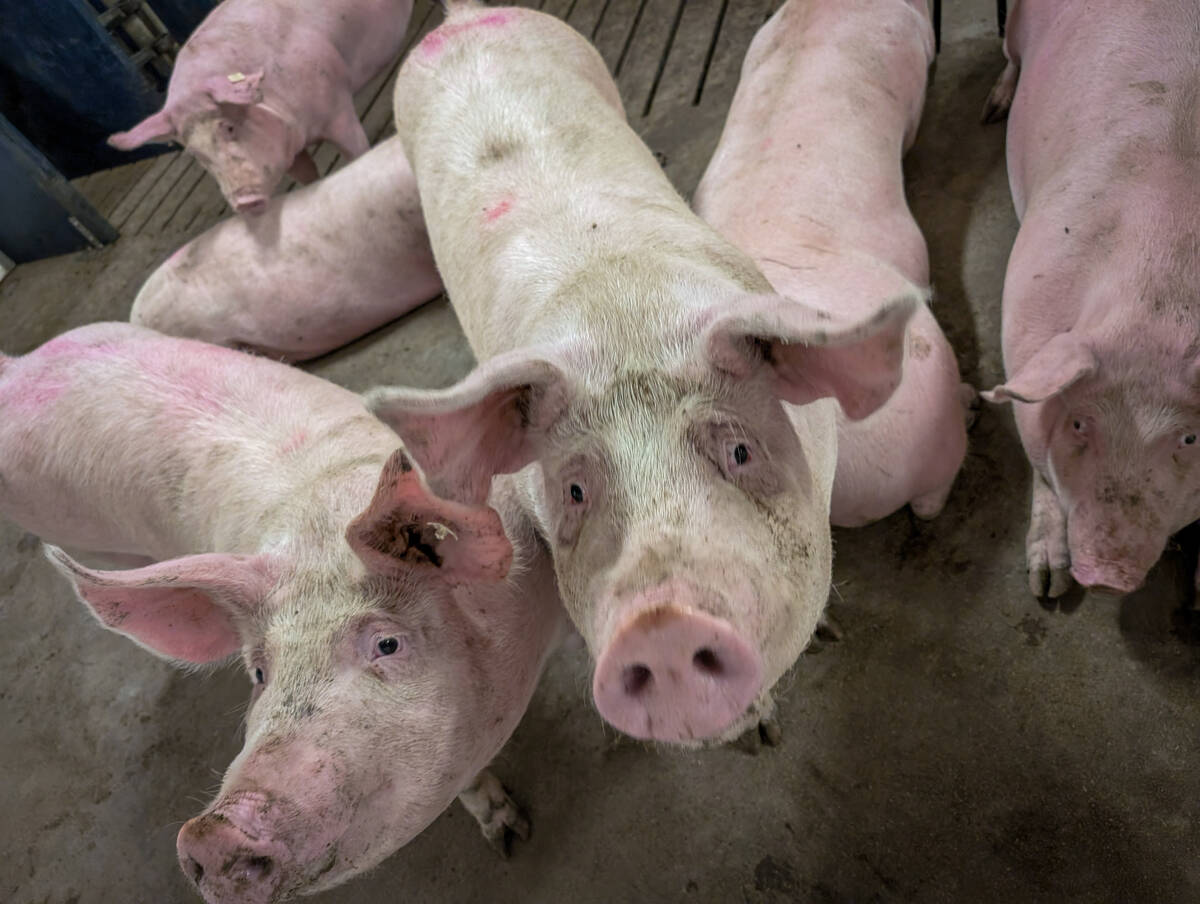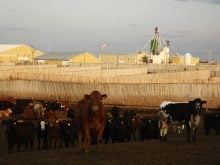An Ontario pilot project could provide direction for a national tracking system for horses.
The Ontario project will track racehorses over a 90-day period, logging where they go, what medical treatments they receive and who handled them.
Vel Evans, a member of the Equine Canada equine identification committee, told the Saskatchewan Horse Federation conference March 7 that the federal government is looking to expand animal identification systems into other species.
“We need to get our feet under us about how we will approach it.”
Read Also

Pork sector targets sustainability
Manitoba Pork has a new guiding document, entitled Building a Sustainable Future, outlining its sustainability goals for the years to come.
She said racehorses were chosen for the study because they are among the most mobile in the horse industry, with 18 racetracks in Ontario alone.
The project is driven by food safety concerns and market expectations in meat markets overseas, she added.
The type of electronic passport proposed in Ontario would contain all the necessary information to ease movement and tracking of horses. The data can help determine where horses come into contact and where the risks are the highest.
“Having tracking information available, this will provide us with tools to help mitigate disease,” she said.
Evans said using the existing horse registries from breed associations is another useful tracking tool.
“We can capture a percentage of the existing herd without starting from scratch.”
Another option is implanting microchips the size of a grain of rice into the mane of a horse. Similar to cattle ear tags, these chips contain an animal’s complete history.
Breeds such as the Canadian horse are already doing that for their registration process, she said, adding that response to microchips is mixed.
Appaloosa horse breeder Lynn Shinkewski of Esterhazy, Sask., worries about the cost and risks of infection if not properly implanted.
Shinkewski sees value in a horse identification program but favours the numbering system.
“For me, it’s an added cost for chips, as I’m already paying fees for registration,” she said.
















